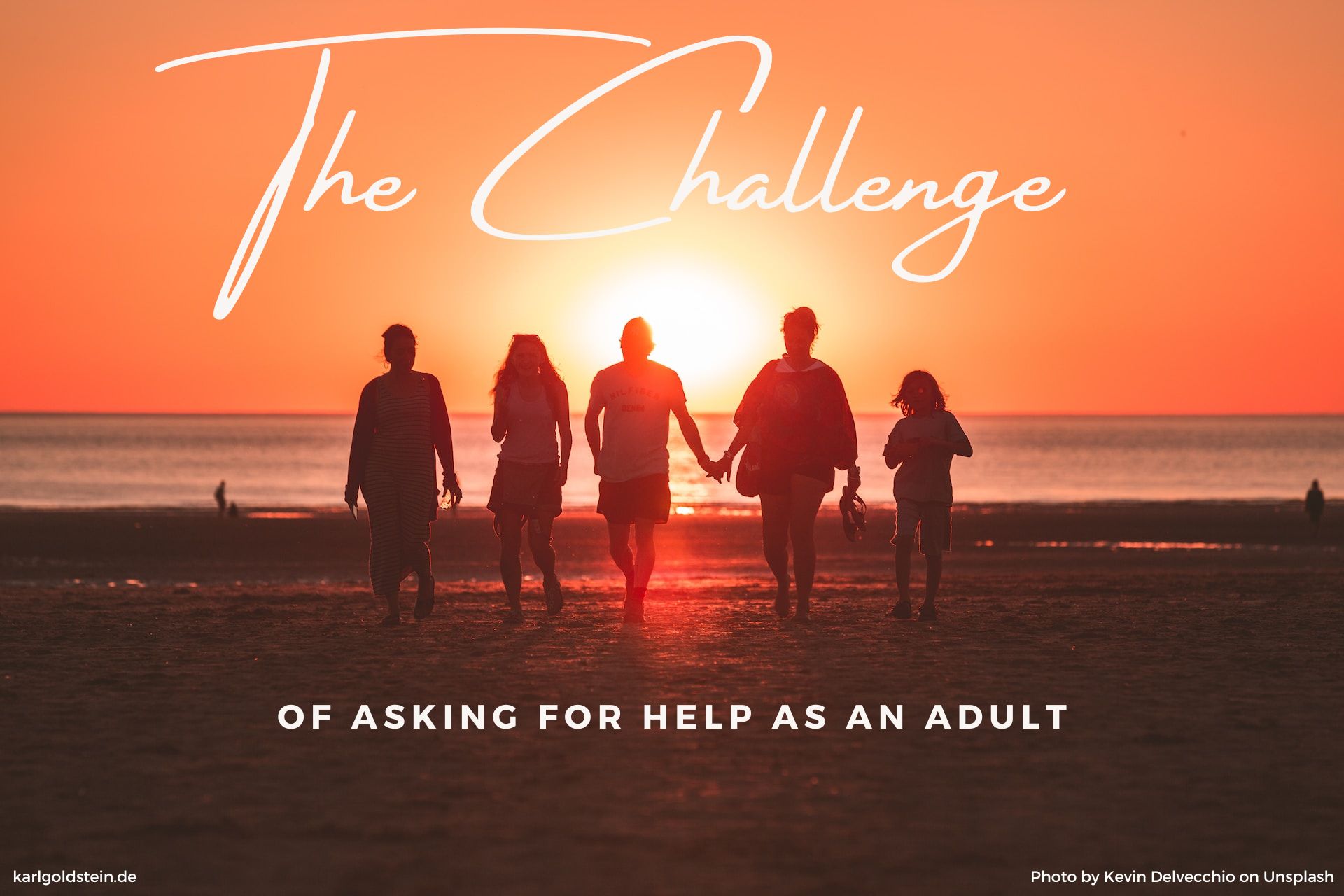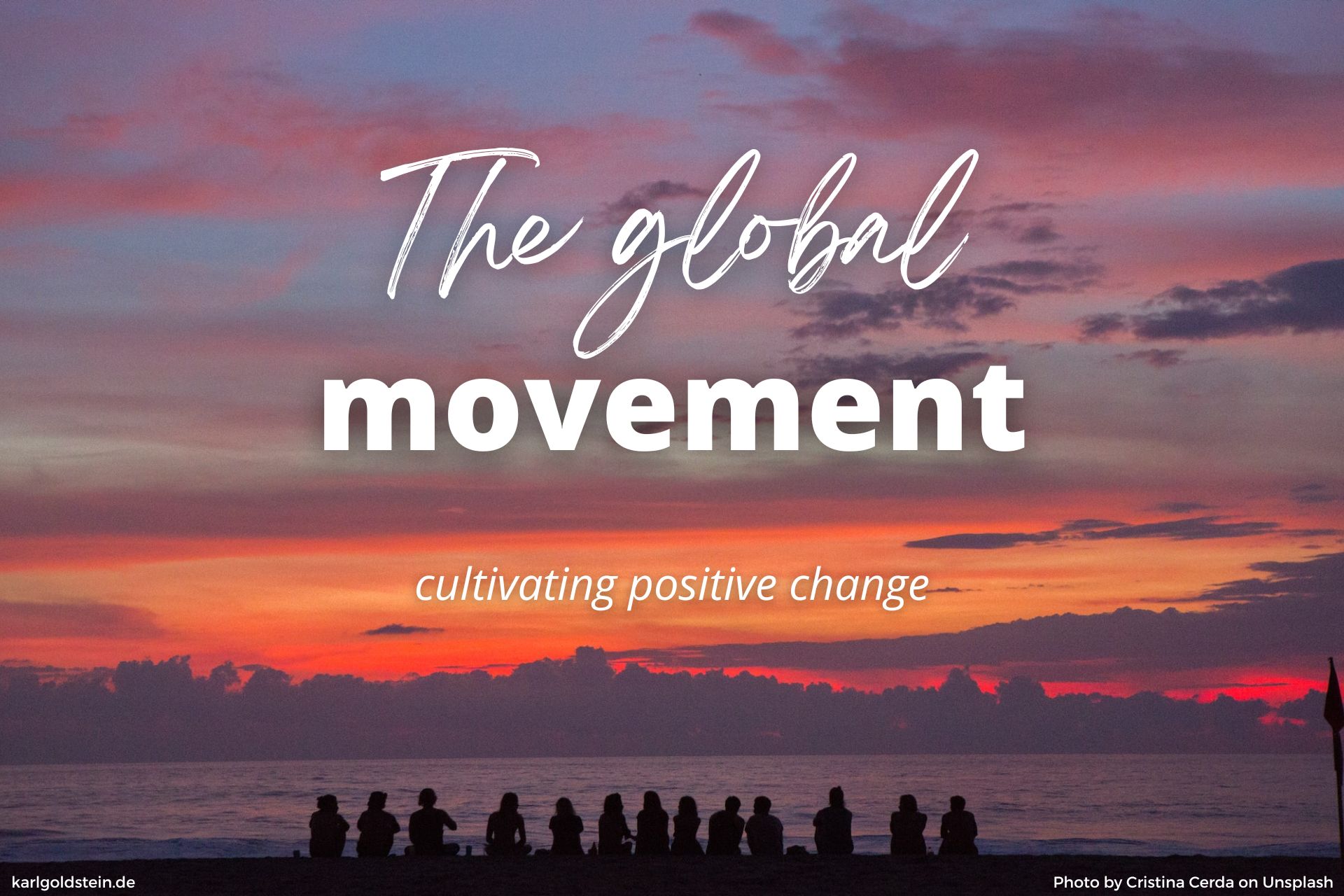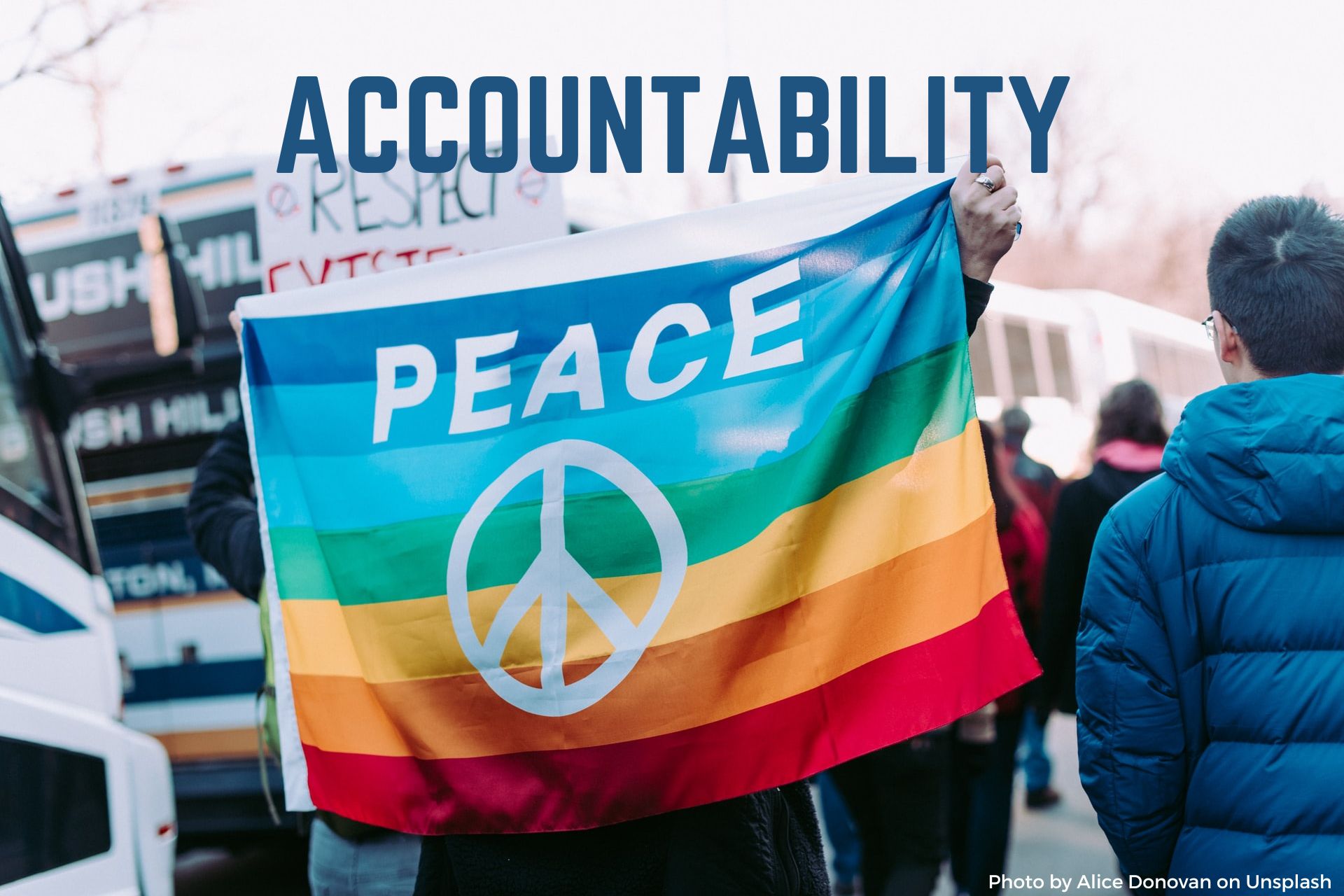A joint post of ChatGPT and Karl:
As we navigate the complex journey of adulthood, we encounter numerous challenges and obstacles along the way. While independence and self-reliance are often celebrated virtues, there’s one aspect of adulthood that many find surprisingly difficult: asking for help. In this blog post, we’ll explore the reasons behind this reluctance and how it intersects with situations where others make decisions for us.
We’ll also draw on the powerful insights shared in a recent blog post to highlight the importance of fostering a culture of support and understanding.
The challenge of asking for help as an adult
As adults, we’re expected to have it all together – to be self-sufficient, competent, and able to handle life’s curveballs. Asking for help can feel like admitting vulnerability or inadequacy, a notion many of us are conditioned to resist. It’s a paradox: the very self-reliance we’re encouraged to cultivate can also hinder our ability to seek help when it’s needed most.
In the context of the soccer story, we see a young enthusiast with immense willpower and dedication. Yet, despite her undeniable passion and hard work, she finds herself on the bench, away from the action on the field. The bench, in sports as in life, often represents disappointment and frustration. It’s a place where questions arise and doubts creep in: „Why do I train so hard to sit here? What is my role? What is my value?“
The Intersection of Making Decisions and Asking for Help
The story of her experience with her coach highlights an all-too-common dynamic: the authority figure making decisions for others. In this case, the coach’s decision to bench her not only hurt her pride but also raised questions about her value within the team. Such dynamics can intersect with reluctance to ask for help in several ways.
Power dynamics: When authority figures make decisions that affect us, it can make us feel powerless. Feeling disempowered can keep us from asking for help or challenging decisions.
Fear of rejection: Negative judgments and criticism can create a fear of rejection. People may be reluctant to ask for help for fear that admitting they need help will invite further judgment.
External validation: Seeking approval from authority figures can discourage people from asking for help. They may be reluctant to appear vulnerable or inadequate.
Fostering a culture of support
In contrast to these disempowering dynamics, what we really need is an environment that fosters open communication, mentorship, and support. The blog post highlights this beautifully by emphasizing the importance of kindness, respect, and fairness. Rather than just making decisions for others, we should be encouraging:
– Open dialogue where people feel safe to share their needs.
– A culture where asking for help is seen as a sign of strength and growth.
– Constructive feedback and mentorship to guide individuals on their journey.
– Encouraging individuals to set their own goals and take ownership of their progress.
In the game of life, we all have our roles, challenges, and moments on the bench. It’s a part of the journey that often tests our resilience and our ability to seek help when we need it. This girl’s unwavering willpower and dedication serve as an inspiring example of facing adversity head-on, even in the face of discouraging decisions made by others.
As adults, we should strive to create a world where people feel empowered to ask for help without fear or hesitation. Let’s foster a culture where empathy, understanding, and support are the cornerstones of how we lift each other up and work together toward our goals. In doing so, we’ll find that asking for help is not a sign of weakness, but a testament to our shared humanity and willingness to grow together.



